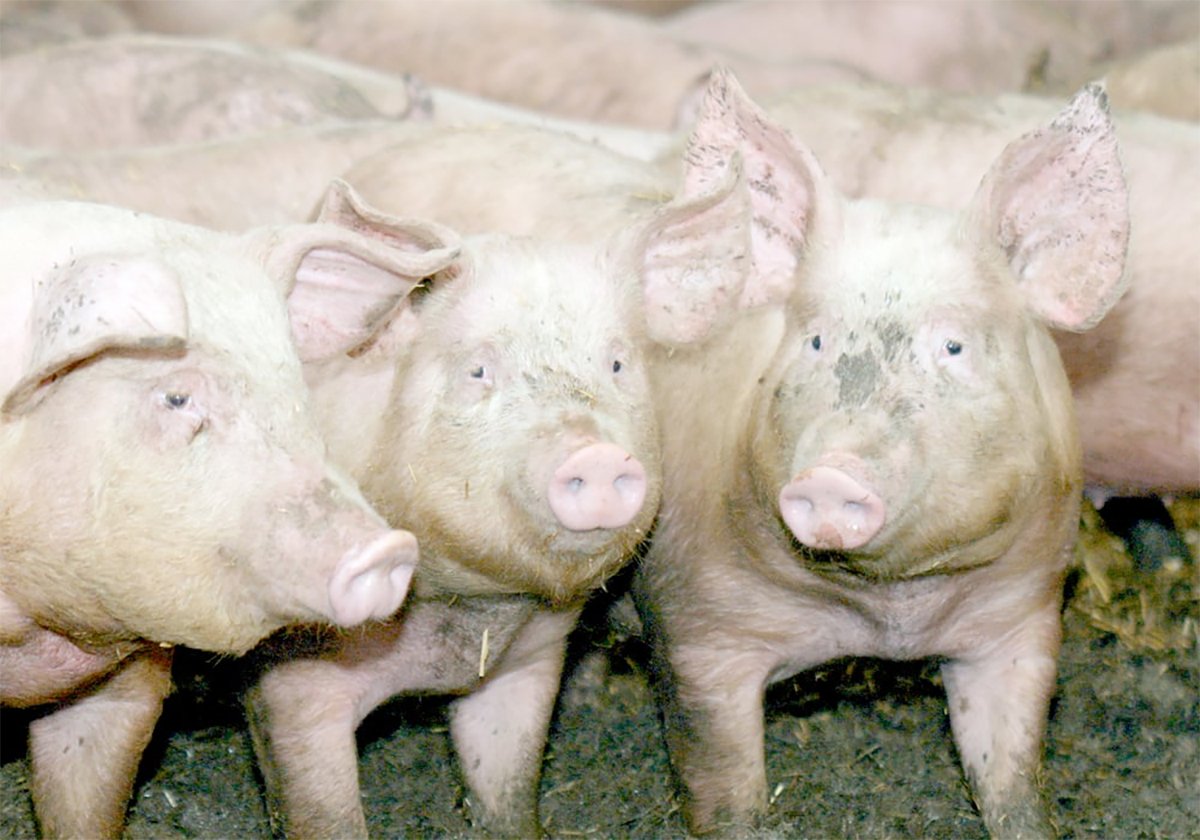BARONS, Alta. – Several Alberta feedlot operators are hunkering down for the fight of their lives as borders remain closed to Canadian cattle.
A group of five people, calling themselves the Canadian Cattlemen for Free Trade, served notice of a legal challenge to the United States government using the North American Free Trade Agreement as the weapon.
They warn the $150 million challenge announced Aug. 12 is just the beginning.
“The NAFTA notices delivered today represent only the first of many to be filed by Canadian cattlemen for fair trade members across Canada in the coming weeks,” said Rick Paskal, one of the founding members of the group.
Read Also

The Western Producer Livestock Report – October 2, 2025
Western Producer Livestock Report for October 2, 2025. See U.S. & Canadian hog prices, Canadian bison & lamb market data and sale insight.
The litigants include Van Raay Farms-Butte Feeds, Joe Groenenboom Farms, Nolan Farms, Jack DeBoer, owner of Monarch Feeders and John Vander Heyden, owner of Riverside Farms.
The group has attracted 84 members, representing about 450,000 head of cattle based on a May 20, 2003 inventory.
The group has two goals: It wants to pressure the U.S. government to reopen the border to beef and cattle products as soon as possible and win compensation from the American government for lost sales.
They warn this fall’s cattle sales could be disastrous if the border remains closed.
“I don’t know who’s going to buy these calves this year. We’ve got a wreck coming here and this is a long-term solution,” Paskal said.
He and his partner, Cor Van Raay, have about 150,000 head capacity spread over a number of locations in the Leth-bridge region.
They have about 35,000 head on feed with two lots empty. Paskal said the disaster goes beyond surplus cattle.
“What is seldom talked about is the infrastructure that has been damaged,” he said.
People have lost jobs and local businesses are closing.
“I could replenish myself with money tomorrow … but I’ve got to get some people back in these places. We spent 20 years getting good quality people to work in this industry and we let them down. We had to let them go,” he said.
“I’m upset our government didn’t recognize that.”
Since most feedlots are cash poor, no one knows what they can afford to pay for feeders this fall.
“We don’t know if we’re going to get 30 cents a pound or 90 cents a lb. We do have a dysfunctional marketplace and it makes it difficult to make a business plan,” he said.
Paskal’s neighbours, John and Peter Vander Heyden, are confident they can win the case.
“We decided about three months ago, enough is enough and decided to look into this,” said John Vander Heyden.
Their business can feed about 50,000 head in four lots, but this summer, their lots are less than 30 percent full.
The Vander Heydens say they cannot afford to buy cattle and with fats selling for around 60 cents a lb. at a break-even of 75 cents, they are watching their business erode every day.
“We don’t want to hammer the cow-calf guy, but we’ve got no choice. We can’t afford this any more,” said Peter Vander Heyden.
Rick Casson, conservative MP for the region, supports the group’s activity and said the federal government must reconvene the agriculture committee to deal with this issue.
The federal government has said it supports expansion of processing capacity, finding new markets and more BSE testing, but it has not addressed how these might be achieved.
“All of these questions need to be answered and we need to get that ag committee reconvened even on an ad hoc basis to bring forward and get these ideas on paper,” Casson said.
He suggested Canadians may have to look at boycotting American pro-ducts to force movement on this issue.

















